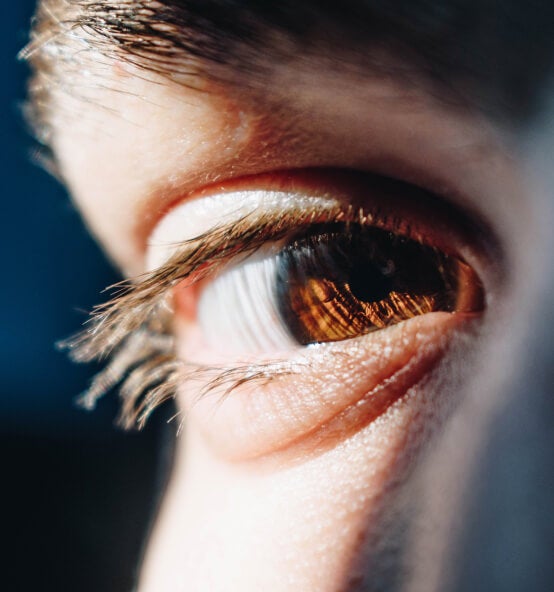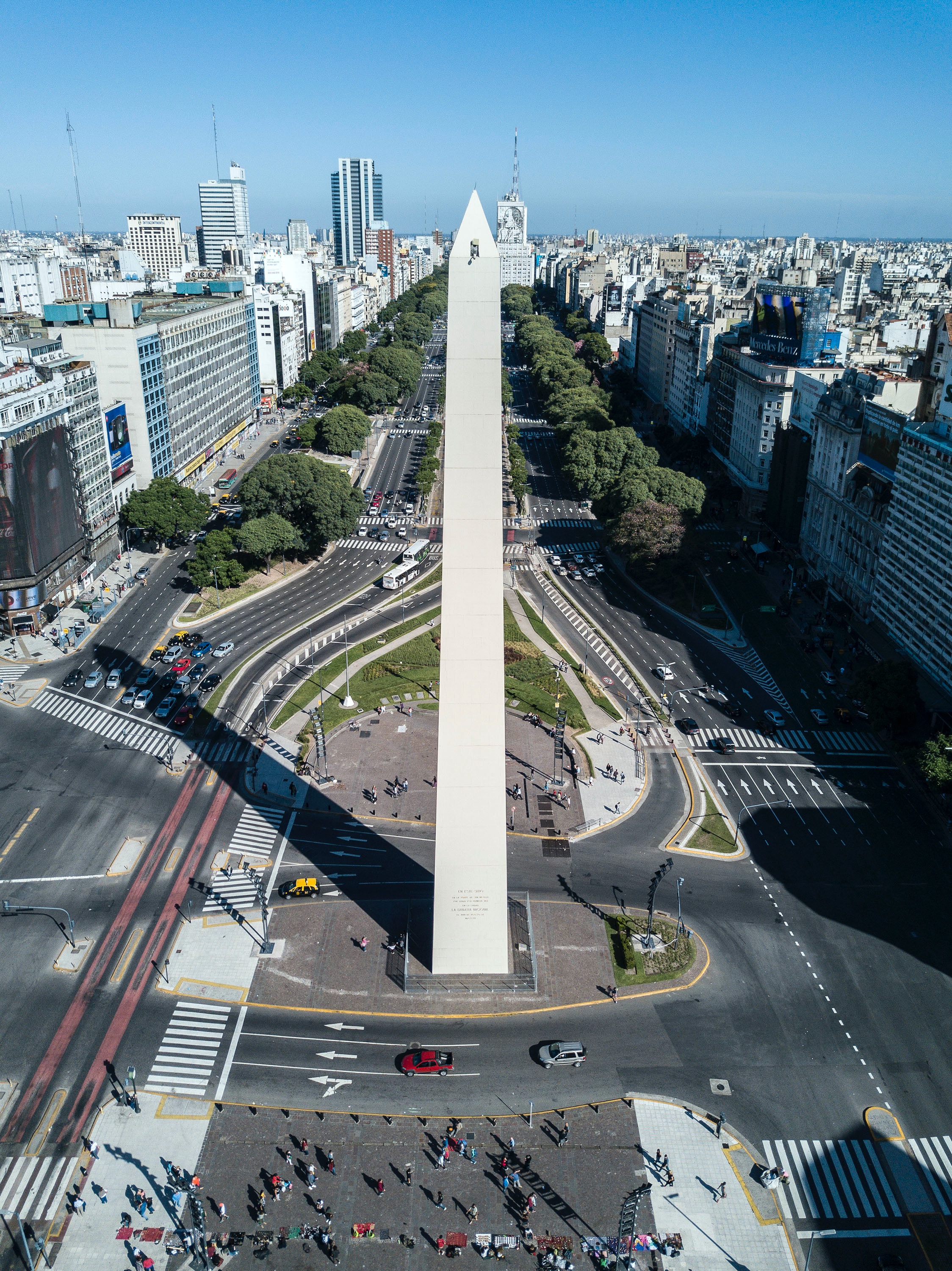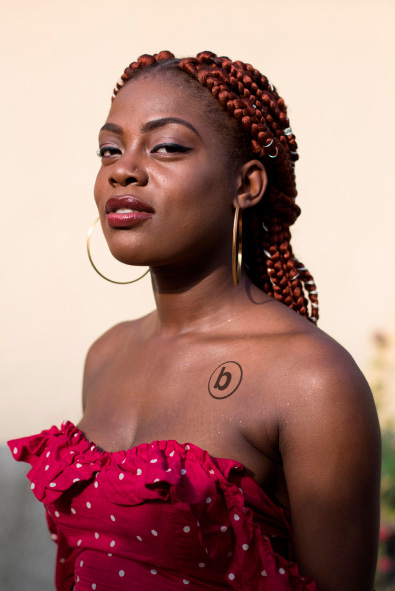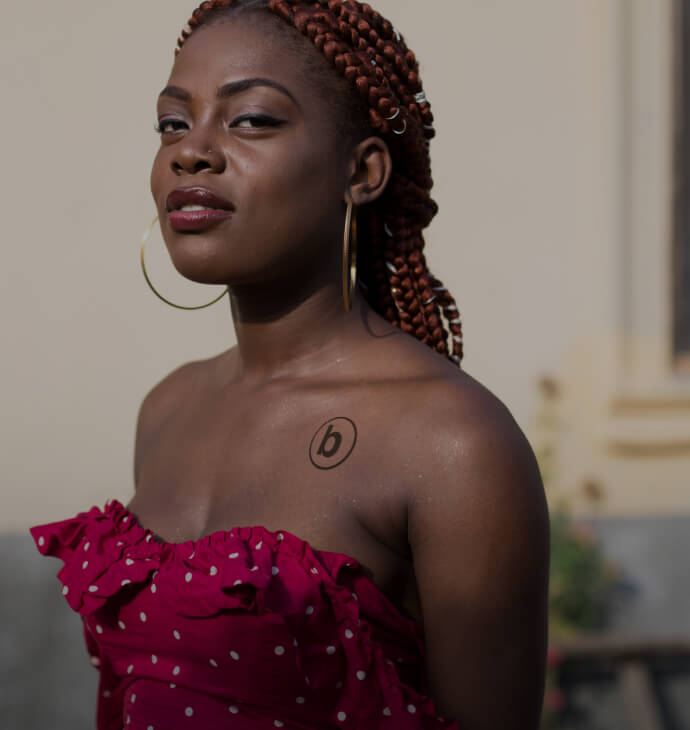Argentina
Name and identifying details have been changed for privacy and protection
Photography used for representational purposes only and does not depict the story’s subject

[A harasser] pretended to be me on social media and sent intimate photographs to other men during sexually aggressive virtual chats.
He gave them directions to where I lived, my schedule and my personal, work and family information. I had to change my number after I received messages at any hour from men.
He made them believe that I wanted to meet them and suggested pretending they were raping me if they saw me. Believing that I was talking to them on Facebook, those men began to search for me in places I visited daily. Others recognized me as I walked through my city. They approached me with sexual intentions. It happened about 50 times over a couple of years.
“I thought about moving but this would follow me everywhere; it was useless to escape.”
When the first encounter occurred, I didn’t understand how someone I saw for the first time knew so many details about my life. This man, standing on the corner near my house, was saying things about licking my neck and what he would do to me sexually... I was completely frightened and ran home.
I feared men would kidnap me, rape me, kill me. For a year and a half I rarely left my house. I worked remotely. I walked away from friends who joked about or minimized my situation. Most of my male friends had been in contact with the fake me; some even received pictures. I was a zombie who woke up just to investigate what I could do to get out of this situation. I thought about moving but this would follow me everywhere; it was useless to escape.
















